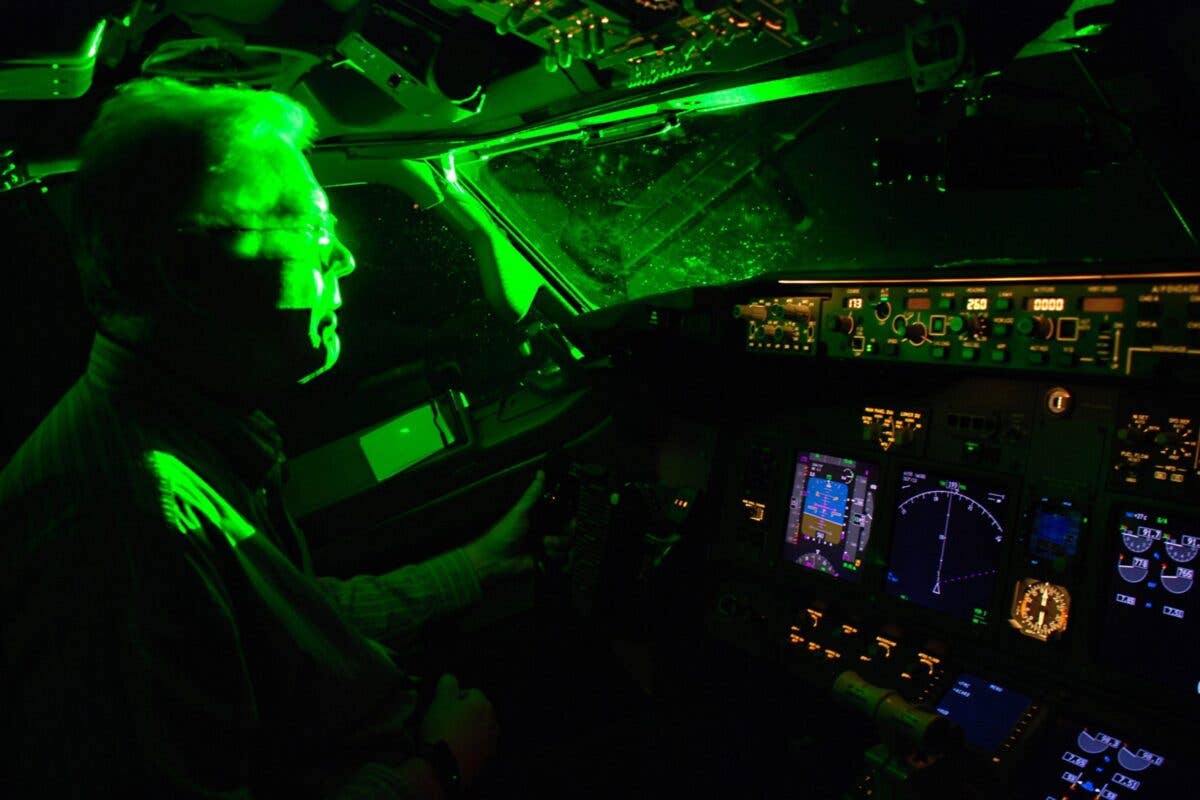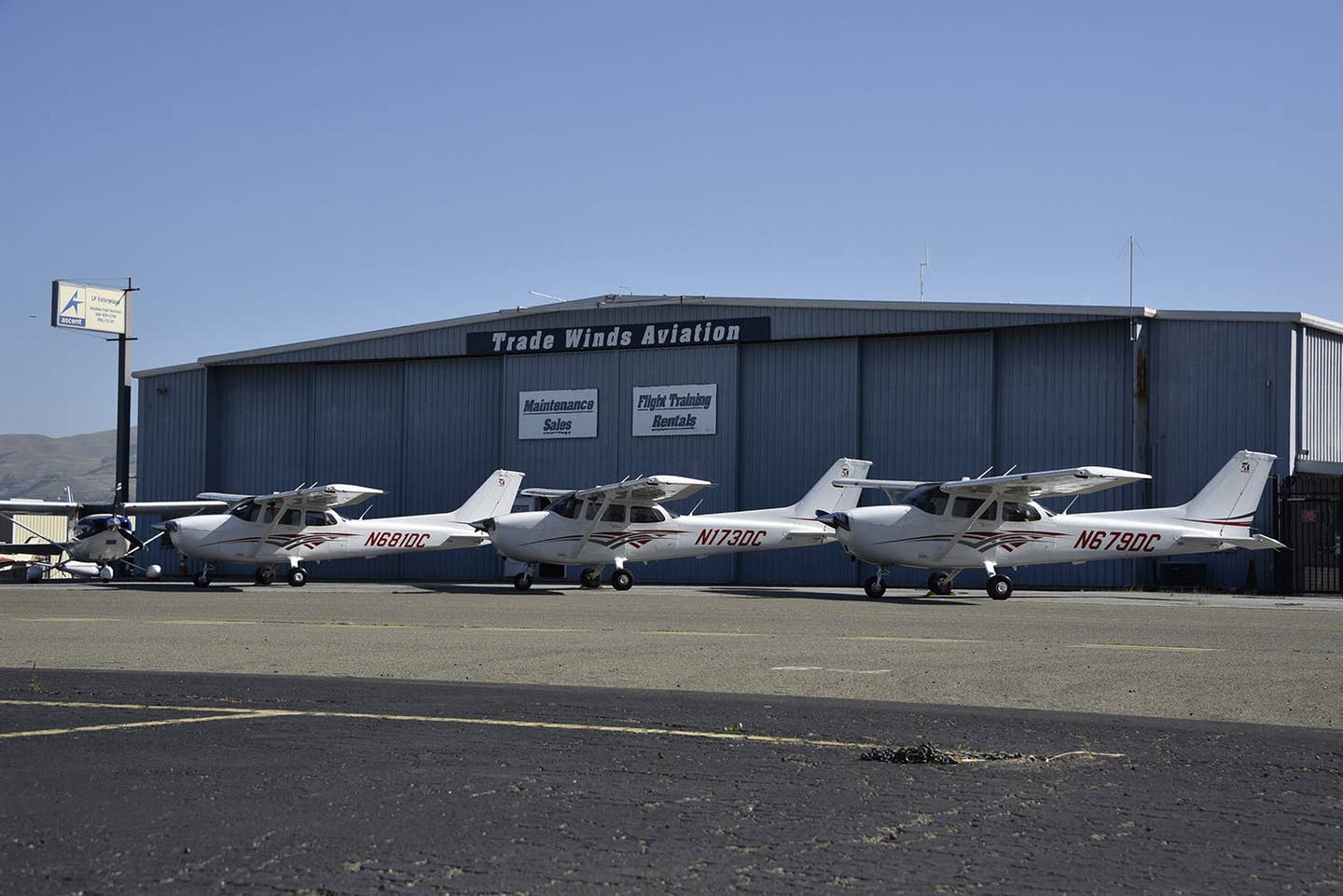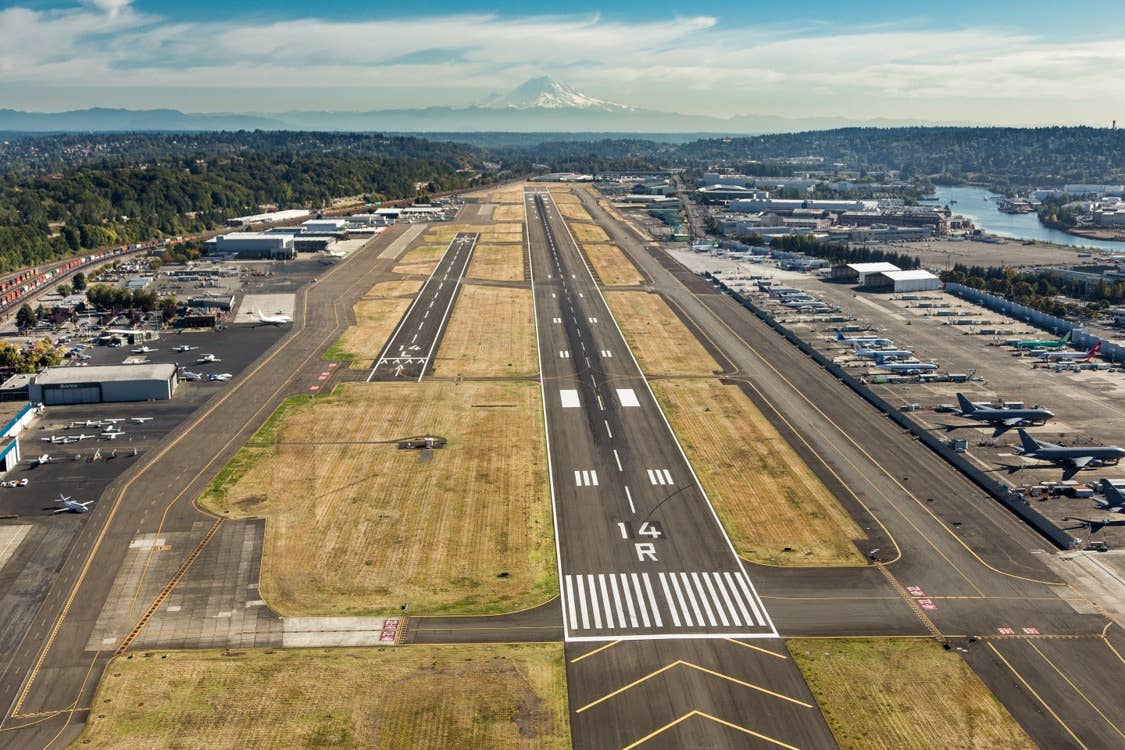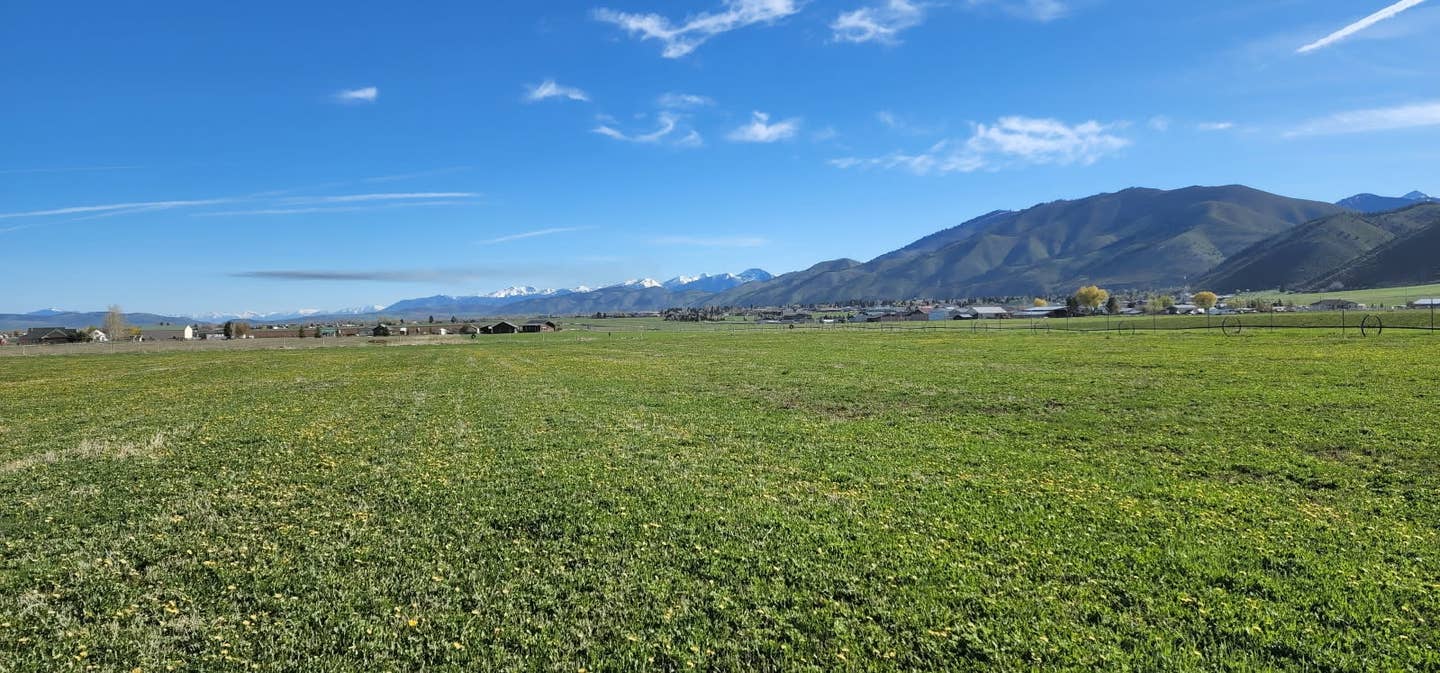New GA Airport Near Las Vegas Has Its Eye on Space
Construction of the Las Vegas Executive Airport and Spaceport could start by the end of the year, according to its developer.
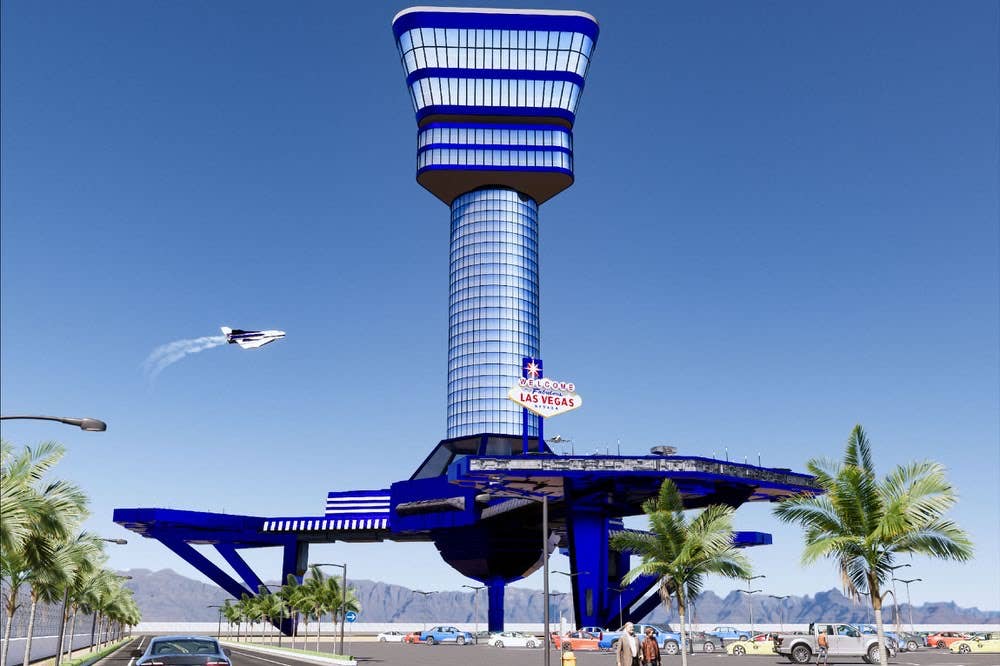
The proposed site of the Las Vegas Executive Airport and Spaceport is approximately 31 nm west of Harry Reid International Airport (KLAS). [Credit: Las Vegas Executive Airport and Spaceport]
Las Vegas is globally known for its gambling, dining, and nightlife, welcoming tens of millions of visitors each year. Trends are upward for tourism in the region, in part due to Sin City adding NFL and NHL franchises, with MLB and NBA teams expected to join the fray in the near future.
Soon, another notable addition will be unveiled around a 45-minute drive or 15-minute helicopter ride from The Strip—the Las Vegas Executive Airport and Spaceport.
Rob Lauer, a private pilot and real estate developer, outlined plans for the project, which will have an emphasis toward both GA and commercial space operations.
- READ MORE: FAA Greenlights New Las Vegas Area Airport
“It’s a great addition to the systems in place, which we’ve seen during recent events how busy the airports here were," Lauer said. "There is a video from the Super Bowl of 60 large aircraft who couldn’t fly in [to existing airports]. Vegas is like nowhere else on earth when it comes to events. We are the leader in the world in entertainment, gaming, tourism, and conventions. People come here for the experience, and we are going to offer an experience with fly-in convention opportunities with our own casino-hotel on site in three to four years, maybe less.”
The concept of Las Vegas Executive Airport and Spaceport was first envisioned several years ago. Soon after coming up with the idea, Lauer purchased a 240-acre piece of land.
The airport recently received approvals from the FAA for its submitted 7480-1 form for notice of construction, and the county, key steps toward becoming an operational facility.
“We own the name Las Vegas Executive Airport, which is the official name, and the plan is really simple,” Lauer said. “To start, we are building a 5,000-foot-long runway and are talking with companies about coming in to operate an FBO, a jet fuel farm, and an MRO facility. In addition to that, we plan to have 40 large 20,000-square-foot hangars with 2,000-square-foot offices for lease.”
While the airport is farther from Las Vegas than several other airports in the area, its remoteness has benefits that the other options do not.
“One of the things that came out of our airspace analysis, which was performed by Air Force Brigadier General Robert Novotny (the former commander of the 57th Air Wing at Nellis Air Force Base) is that we are right outside the Class Bravo airspace in open VFR airspace.” Lauer said. “This will make it far more affordable and efficient for aircraft to fly in and out. What our argument was, is that another airport outside the Class Bravo airspace adds to the capacity of the Clark County Airport system.”
The big focus at present is to create the runway and get Las Vegas Executive Airport ready to accept its first visiting aircraft. The runway is currently set to be 4,000 feet long but being at an elevation of 3,700 feet msl, Lauer advised that they are working to add thresholds and extend the landing distance available to 5,000 feet.
“We are looking at the end of the year to start construction,” he said. “The good news is that it’s a 1 percent grade, so it’s only going to take us a month to grade. It will take a month to pave the runway and taxiways, so we could realistically have our runway up and running by the end of the year. Then maybe a few months after that, pending county approval, we can start building the FBO, hangars, and other infrastructure.”
One of the key aspects planned for the airport is the fly-in hotel, casino, and convention center. One of the planned recurring events on site will be the Las Vegas Air Races. The 2024 event is planned at another airport in the area that is to be announced, but future events are expected to be on site and will take place immediately following the National Business Aviation Association (NBAA) Business Aviation Convention & Exhibition.
Lauer’s vision extends beyond the property being a place for GA traffic, including both drone and spacecraft operations. The spaceport will be the first of its kind.
“There are technically 16 other certified spaceports in the country,” he said. “All of the others are owned by governments (county, state, or federal). Ours is the first private airport and spaceport in the United States. Space companies are a huge part of our project to build a space economy here in Las Vegas. That’s our focus and we hope to bring space planes from all different manufacturers in and operate them from our facility. So, you’ll be able to fly in and do space training activities.”
In July, spaceport leaders officially partnered with the Nevada UAS Test Site Operator UNR Research and Innovation Nevada Center for Applied Research to establish a cutting-edge drone test site on the spaceport’s grounds. The memorandum of understanding (MOU) demonstrates the commitment of the site’s leadership towards investing in the future of aviation.
- READ MORE: New Turf for Blue Cedar Landing
“Nevada must seize the opportunity to cultivate a thriving economy rooted in cutting-edge technology,” Lauer said. “The Las Vegas Spaceport is attracting forward-thinking businesses aligned with our mission to foster a new industry in southern Nevada. We eagerly anticipate collaborating with the Nevada Center for Applied Research to establish a premier drone test site that will serve as a beacon of innovation.”

Sign-up for newsletters & special offers!
Get the latest FLYING stories & special offers delivered directly to your inbox

